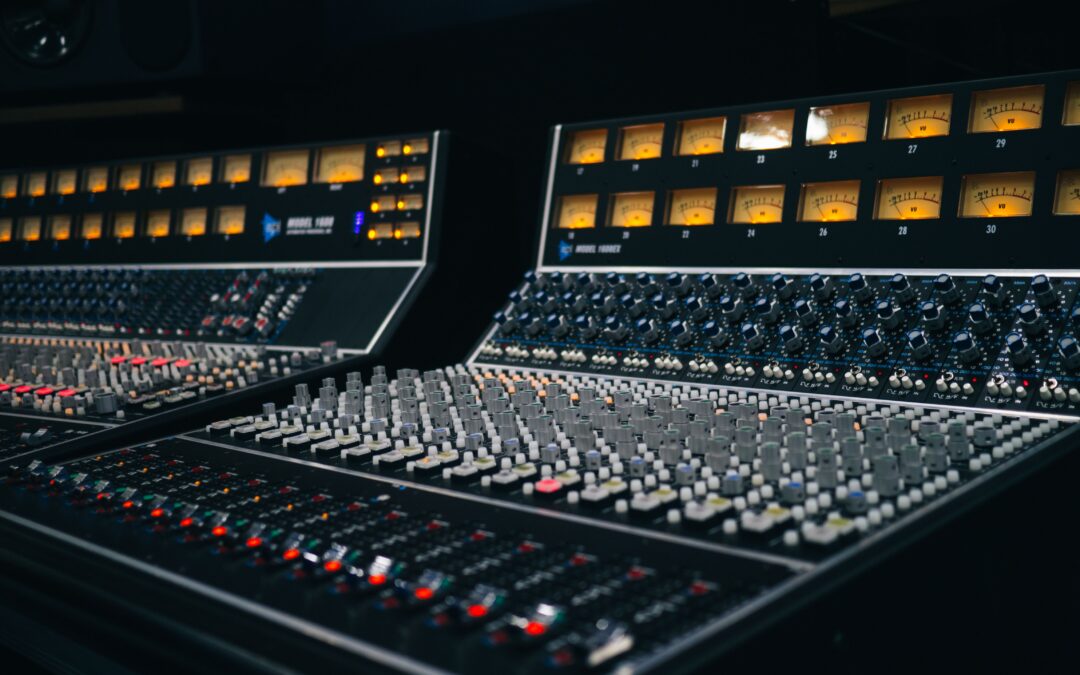The voice-over industry has seen significant growth and evolution over the past few years, and 2023 is no exception. Here are some key insights and trends from the 2023 Voice-Over Industry Report:
- Increased Demand for Diversity and Inclusivity
Diversity and inclusivity have become essential values for many companies and brands, and this is reflected in the voice-over industry. The demand for diverse voices and representation has increased, with more companies seeking out voice actors from different ethnicities, cultures, and backgrounds.
- Growing Importance of Authenticity
Authenticity is key in the voice-over industry. Consumers are looking for authentic voices that resonate with them and feel real. This has led to an increased demand for non-professional, natural-sounding voices in commercials, explainer videos, and other media.
- Use of AI and Text-to-Speech Technology
AI and text-to-speech technology have made significant advancements in recent years, and the voice-over industry has taken notice. While AI and text-to-speech technology can never fully replace human voice actors, they are increasingly being used for certain types of content, such as e-learning and automated voice response systems.
- Increase in Remote Recording
The COVID-19 pandemic accelerated the trend of remote recording, which has become the norm for many voice-over projects. Voice actors can now record from home studios, and clients can listen in and direct the session remotely. This has increased the accessibility of voice-over work for actors and reduced costs for clients.
- Expansion of Podcasting
Podcasting continues to grow in popularity, and this has created more opportunities for voice actors. Many podcasts feature voice actors as hosts or guests, and some companies are creating branded podcasts that require voice-over work.
- Emphasis on Collaboration
Voice-over work is a collaborative effort, and clients are increasingly looking for actors who can work well with directors and producers. Strong communication skills and the ability to take direction are highly valued in the industry.
- Increase in Rates
The demand for voice-over work has led to an increase in rates for voice actors. Rates vary depending on the type of project, the length of the recording, and the actor’s experience level, but overall, rates are higher than they were a few years ago.
In conclusion, the voice-over industry continues to evolve and adapt to changing trends and technologies. The demand for diversity, authenticity, and collaboration is increasing, and AI and text-to-speech technology are playing a larger role in certain types of content. The industry is also seeing an increase in remote recording and rates. As the industry continues to grow, it’s important for voice actors to stay up-to-date with the latest trends and technologies to remain competitive.

